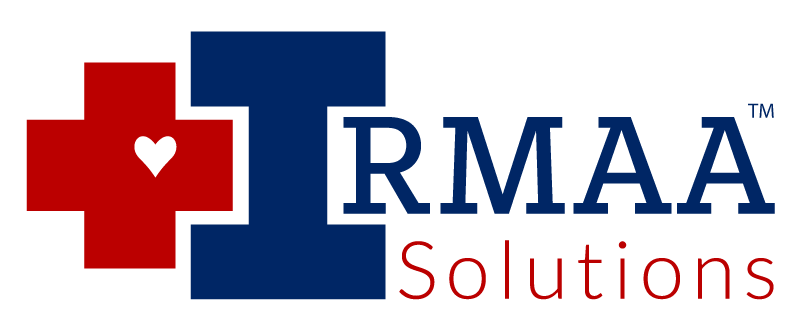The 4 Rules of Retirement
There are 4 federal regulations that have altered how your savings for retirement will impact both your Social Security benefits as well as your healthcare costs..
Rules of Retirement #1: Medicare is Mandatory.
In order to receive your Social Security benefit you must accept Medicare Part A when eligible. Failure to do so will result in the forfeiture of all Social Security benefits.
Eligibility for Medicare begins when you are age 65 years of age or older and you no longer have creditable health coverage through an employer or spouse’s employer.
According to the Department of Health and Human Services’:
“Individuals entitled to monthly benefits which confer eligibility for HI may not waive HI entitlement. The only way to avoid HI entitlement is through withdrawal of the monthly benefit application. Withdrawal requires repayment of all RSDI and HI benefit payments made.
To withdraw from the HI program, an individual must submit written request for withdrawal and must refund any HI benefits paid on his/her behalf”
According to the United State Court of Appeals, No. 11-5076,:
“An individual is statutorily entitled to Medicare Part A upon becoming entitled to monthly Social Security retirement benefits (SSRB).
Individuals entitled to monthly benefits which confer eligibility for HI may not waive HI entitlement. The only way to avoid HI entitlement is through withdrawal of the monthly benefit application. Withdrawal requires repayment of all [SSRB] and HI benefit payments made”.
Rules of Retirement #2: Medicare premiums are based on income.
In 2003 Congress enacted the Medicare Modernization Act which created Medicare’s Income Related Monthly Adjustment Amount (IRMAA).
To quote the legislation:
“In the case of an individual whose modified adjusted gross income exceeds the threshold amount under paragraph (2), the monthly amount of the premium subsidy applicable to the premium under this section shall be reduced (and the monthly premium shall be increased) by the monthly adjustment amount specified in paragraph”.
IRMAA, simply, a tax on your income through Medicare.
The more income you generate in retirement that is recognized by the Internal Revenue Services (IRS) the higher your Medicare Part B and Part D premiums will be.
Rules of Retirement #3: Income is practically everything.
When it comes to your income in retirement and IRMAA for many people their entire life savings will be used against them to drive up their healthcare costs while also depleting their much-needed income later on in life.
According to the Code of Federal Regulations, the income used for IRMAA is:
“Modified Adjusted Gross Income (MAGI), which is the sum of
- the beneficiary’s adjusted gross income (AGI) (found on line 11 of the Internal Revenue Service (IRS) tax filing form 1040), plus
- tax-exempt interest income (line 2a of IRS Form 1040)”.
Some examples of income that count towards IRMAA are:
Taxable Social Security benefits, Wages, Tips, Interest, Rental Income, Pension Income, Capital Gains, Dividends and distributions from any tax-deferred investments like Traditional 401(k)’s and Traditional IRA’s.
What does not count as income towards IRMAA:
Roth Accounts, specific types of Life Insurance, certain Annuities, Health Savings Accounts (HSA’s), 401(h) Plans and Home Equity.
Rules of Retirement #4: Social Security benefits pay for the bulk of Medicare costs
Medicare Part B premiums (optional Part D) as well as any surcharges due to IRMAA are automatically deducted from any Social Security benefit that you receive.
To quote Social Security’s Program Operations Manual system (POMs):
“If the benefit amount is not enough to cover the deductions, SSA withholds as much as possible and bills the beneficiary for the remaining balance due”.
Over the next 8 years:
Medicare premiums, according to the Medicare Board of Trustees, are projected to inflate by close to 6.00% annually.
Social Security cost-of-living-adjustment (COLA) will be no greater than 2.40%.
If you reach IRMAA you will lose the majority of your Social Security benefit.
If you reach the maximum IRMAA Threshold you will lose more than 100% of your Social Security benefit!
Your health is your greatest asset, the time to plan for it is today!

